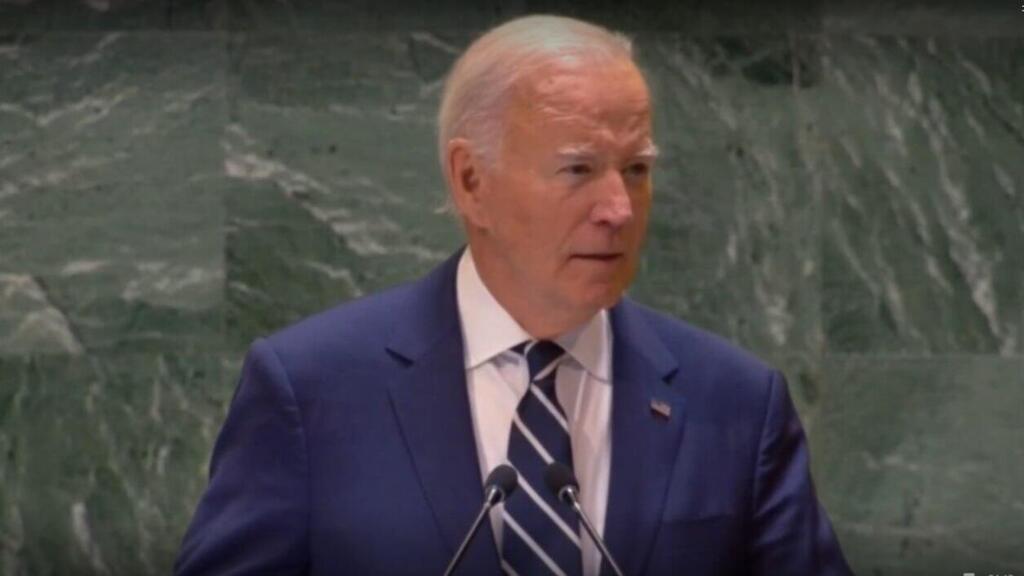Getting your Trinity Audio player ready...
In his lifetime, Hassan Nasrallah planned or partnered in the murder of Israelis, Americans and Lebanese Druze and Christians. But the largest ethnic group that became his victims was Sunni Muslim Syrians. His assassination became a historic event in regional terms that reverberates throughout the entire Middle East and beyond.
Scenes of mass expressions of joy in Syria represent the importance of Nasrallah as the representative of the Iranian regime and all of its adventures. Few assassinations could have such long-term strategic implications as the one made possible by military intelligence and carried out by the Air Force on Friday in the bombing of the Hezbollah command bunker in Beirut.
I've written extensively about the failings of Israel's military intelligence on October 7 but recent achievements in the fight against Israel's greatest adversary, on its borders, are mostly thanks to intelligence and its use of advanced technologies.
Until his last breath, Nasrallah failed to comprehend the extent of the IDF's penetration of his terror group and its capabilities. The same Intelligence Directorate that failed so miserably and was so blinded ahead of the Hamas massacre, was now, with the brilliant operational achievements of Mossad, able to deliver.
Much work was needed to arrive at the moment when IDF Chief of Staff Herzi Halevi was online with Defense Minister Yoav Gallant and Prime Minister Benjamin Netanyahu to inform them that the operation must begin.
4 View gallery


IDF Chief of Staff Halevi, Prime Minister Netanyahu and Defense Minister Gallant
(Photo: GPO)
The IDF has been practicing its war against Hezbollah for the past 17 years. Many of the achievements of the recent weeks are the result of its operations in the north and the aggressive perception in the Defense Ministry that eliminated over the long months of the war vast parts of Hezbollah's infrastructure, especially its ability to launch precision-guided missiles.
The success of the IDF and Mossad has regional implications and more can be expected. Hezbollah and Iran failed to receive the message, and now a ground incursion is fait accompli.
A possible solution in the north is emerging. One that would see the Lebanese army deploy to the border with Israel and in effect cast Hezbollah out of the area. This will not happen quickly, but it has become a more viable option in the past weeks. It requires intelligent decisions in the Israeli government and the powerful diplomatic efforts of the U.S. to increase the chances for security and stability in the area.
The West does not understand the region's subtleties and intricacies, as was evident in the joint U.S. and French call for a cease-fire. For the past year, a sovereign country – Lebanon, has been attacking Israel, with a well-known and well-funded terror group. As soon as Israel turns its attention away from Gaza and responds to the attacks with force, Western powers are rattled by the escalating violence.
Since the start of the war, they failed to recognize the three options available to Israel: a deal in Gaza that would end the fire from Lebanon complete with a diplomatic agreement to push Hezbollah away from the border, a definitive defeat of Hezbollah that would sever its announced linkage to the war with Hamas or the outbreak of all-out war that Israel would hope to win, which would weaken Iran's most valued proxy.
American officials considered the conflict with Hezbollah as a byproduct of the war with Hamas. If that is resolved and Hezbollah continues its fire, an agreement would be reached to push its forces some 10 kilometers (6 miles) north of the border.
4 View gallery


Defense Minister Yoav Gallant with White House special envoy Amos Hochstein
(Photo: Defense Ministry)
That could not be an acceptable solution but the international community couldn't care less. The notion that Hezbollah would back down in an agreement that would be sold as an achievement to the Lebanese public was mostly wishful thinking.
Hezbollah did not start the war over a border dispute and would not end it in exchange for a few more square feet of land.
After Netanyahu, who refused to allow a surprise attack on Lebanon in October, fearing Hezbollah's fire, and consistently refused to add the safe return of residents to their homes in the north to the war objectives, finally relented to the combative pressure from Gallant and the chief of staff and approved the attack on Nasrallah.
Traditionally in the Middle East, when an enemy suffers a severe beating, he adopts more extreme positions and refuses to face reality. The same might be true for Iran and Hezbollah.
Israel has a rare opportunity to change the entire region now that the Iranian axis has taken a beating and moderate Arab leaders are looking on in dismay and satisfaction.
There could also be a war of attrition that would cost Iran little while its proxies in Yemen and Iraq and what is left of Hezbollah's forces do the heavy lifting.
Israel cannot afford to be dragged into such a war. It must not miss the chance to improve its strategic situation.





